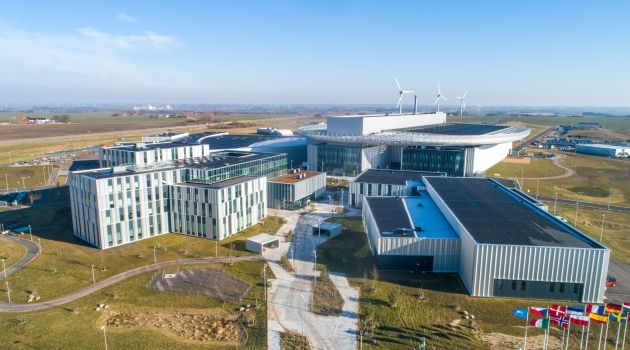Uppsala University welcomes the next generation of neutron-scattering researchers
Three doctoral students from the graduate school Swedish Neutron Education for Science and Society (SwedNESS) have received grants to continue their careers in neutron scattering, hosted by Uppsala University. The grants have been awarded by the Swedish Foundation for Strategic Research.
The aim of SwedNESS is to educate doctoral students in the science of neutron scattering for future research at the European Spallation Source (ESS). The doctoral students care working in the research areas fundamental studies of chemical and physical phenomena, functional materials, engineering science, and life-science and its processes. The first wave of the 40 doctoral students attached to SwedNESS have already defended their doctoral theses.
The programme SSF SwedNESS Postdoc and Repatriation 2021 is giving seven researchers the opportunity to continue their careers in the field of neutron scattering.
The grant covers a two-to-three-year postdoc period abroad, followed by repatriation to Sweden for one to two years. Uppsala University is to host three of the participants in the programme:
- Paulo Henrique Barros Brant Carvalho
Project: In situ neutron study of hybride chemistry at high pressures
- Nitesh Raj Jaladurgam
Project: Characterisation of residual stresses in ferritic steel
- Prabhat Pant
Project: Neutron study of defects and residual stresses in additive manufacturing
Each grant is worth a total of approximately SEK 2.8 million, divided between the postdoc period and repatriation. The call for the programme was exclusively aimed at doctoral students graduating from SwedNESS during the period 2021–2023.
The Swedish Foundation for Strategic Research is funding SwedNESS to the tune of SEK 220 million until 2025. The objective of the graduate school is to arm doctoral students with specialist knowledge of neutron scattering technology using existing neutron facilities, so that they can participate in materials research at ESS in Lund, which is expected to begin delivering research results in 2023.
Anneli Björkman
FACTS ABOUT SWEDNESS
The graduate school Swedish Neutron Education for Science and Society (SwedNESS) opened its doors in 2016. It is a collaboration between six Swedish higher education institutions: Uppsala University (coordinator), Chalmers University of Technology, KTH Royal Institute of Technology, Linköping University, Lund University and Stockholm University. The director of SwedNESS is Martin Sahlberg of the Department of Chemistry – Ångström, Uppsala University.

